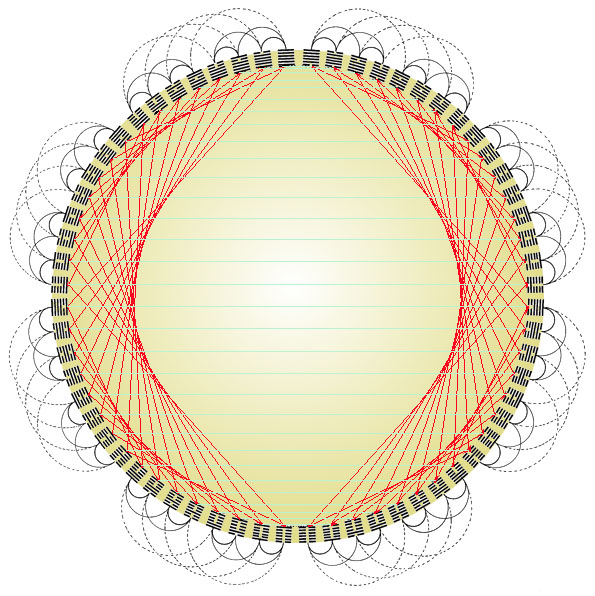Radical Disaffection Engendered by Elitist Groupthink?

The election of Donald Trump is hailed as introducing a new political reality, as headlined by The New York Times (Patrick Healy and Jeremy W. Peter, US Faces a Startling New Political Reality After Donald Trump's Victory, 10 December 2016).
A striking feature of the nastiness of the presidential campaign, beyond the mutual deprecation of the candidates, has been the nastiness of the commentators on a democratic process and its enablers. It is now recognized that in excess of 90% of the media commented systematically, actively and negatively on the Trump candidacy -- echoing the views of a variety of distinguished elites. All were presumably mobilized and "motivated" by the Clinton campaign, with appropriate threats as required.
A striking example is the comment from Paul Krugman, a Nobel laureate, as presented in The New York Times:
Hillary Clinton was knowledgeable, unflappable and -- dare we say it? -- likable. Donald Trump was ignorant, thin-skinned and boorish. Yet on the eve of the debate, polls showed a close race. How was that possible? After all, the candidates we saw Monday night were the same people they've been all along. Mrs. Clinton's grace and even humor under pressure were fully apparent during last year's Benghazi hearing. Mr. Trump's whiny braggadocio has been obvious every time he opens his mouth without reading from a teleprompter. (How the Clinton-Trump Race Got Close, 30 September 2016)...
No comments:
Post a Comment